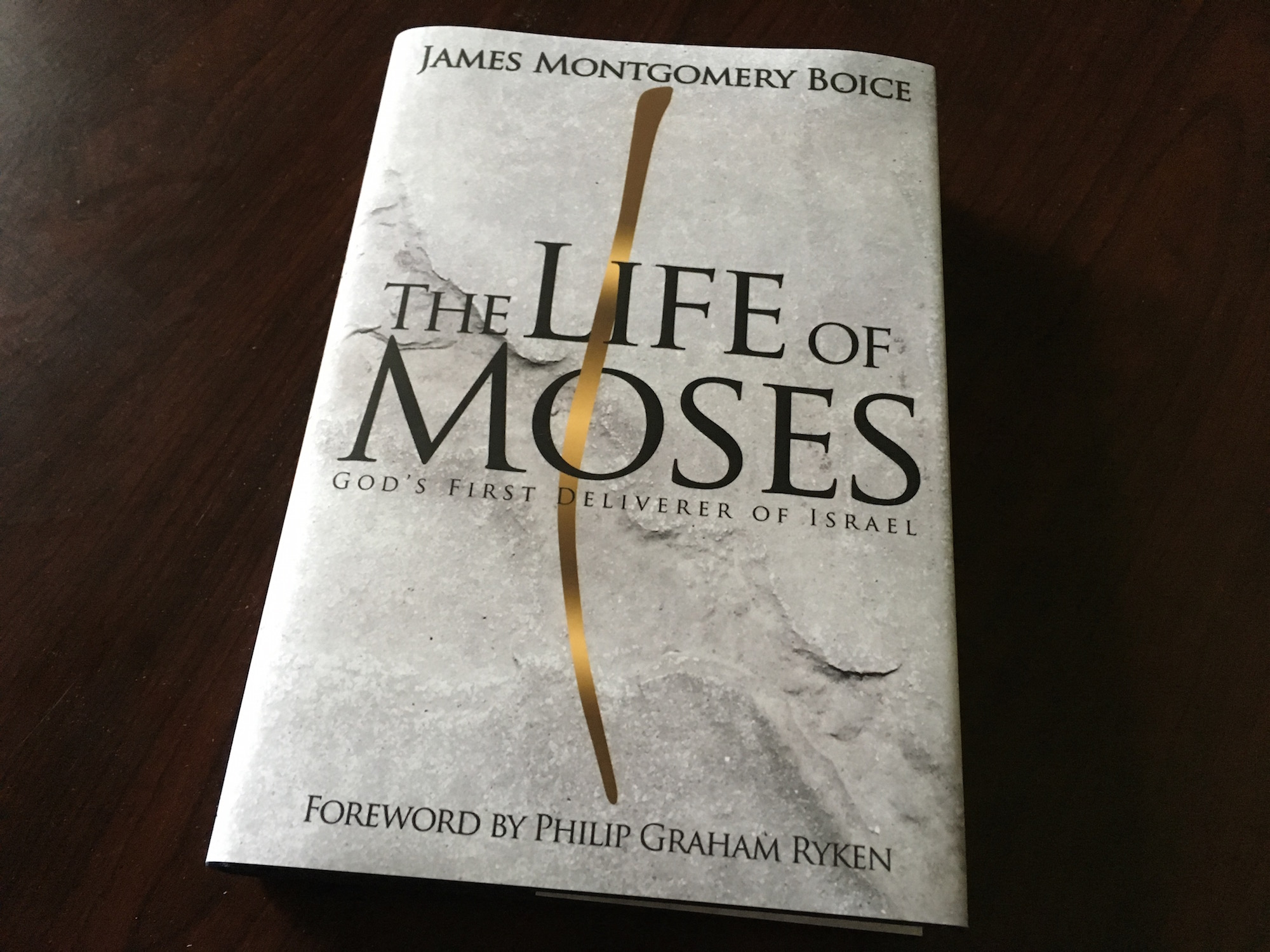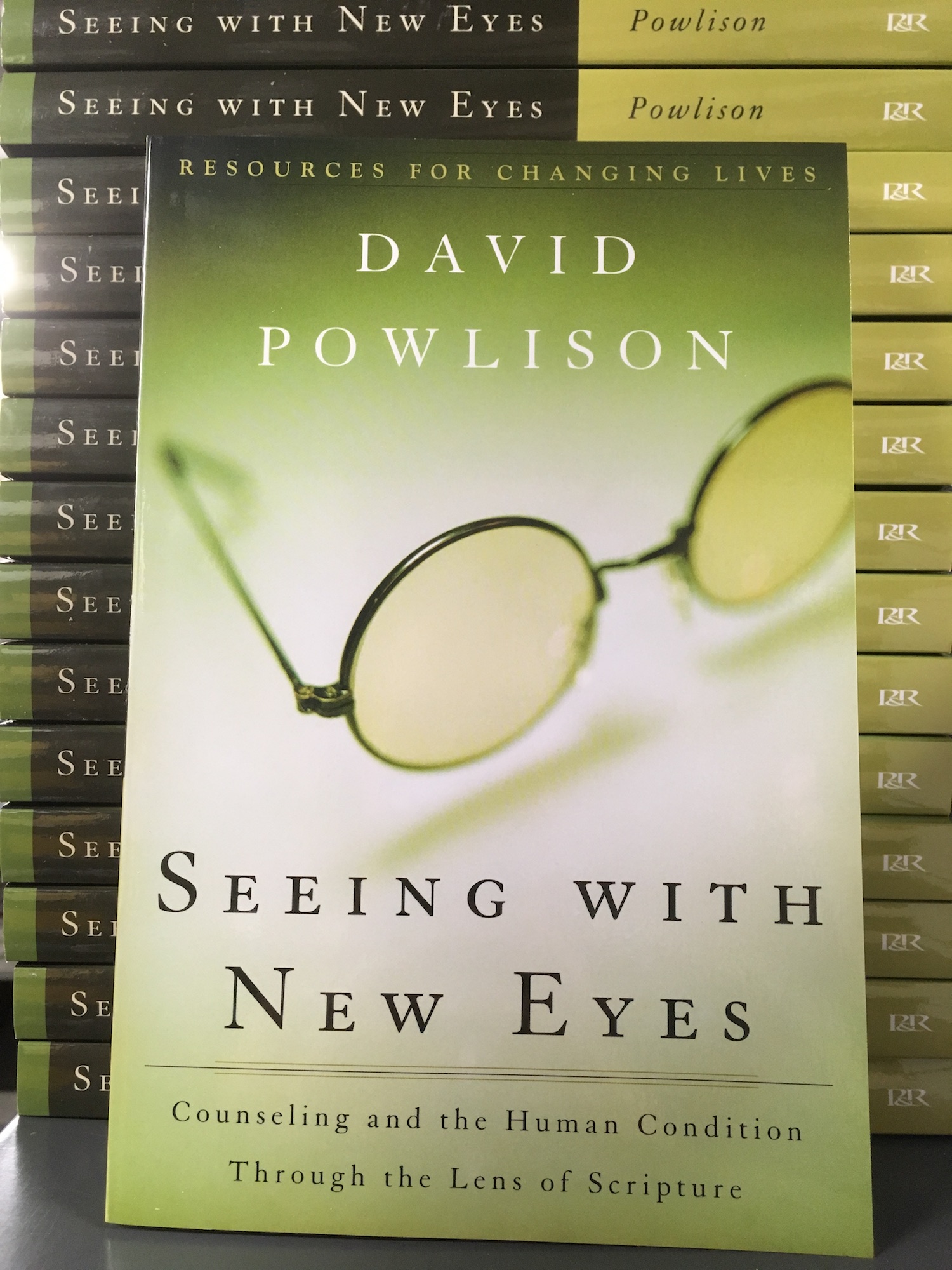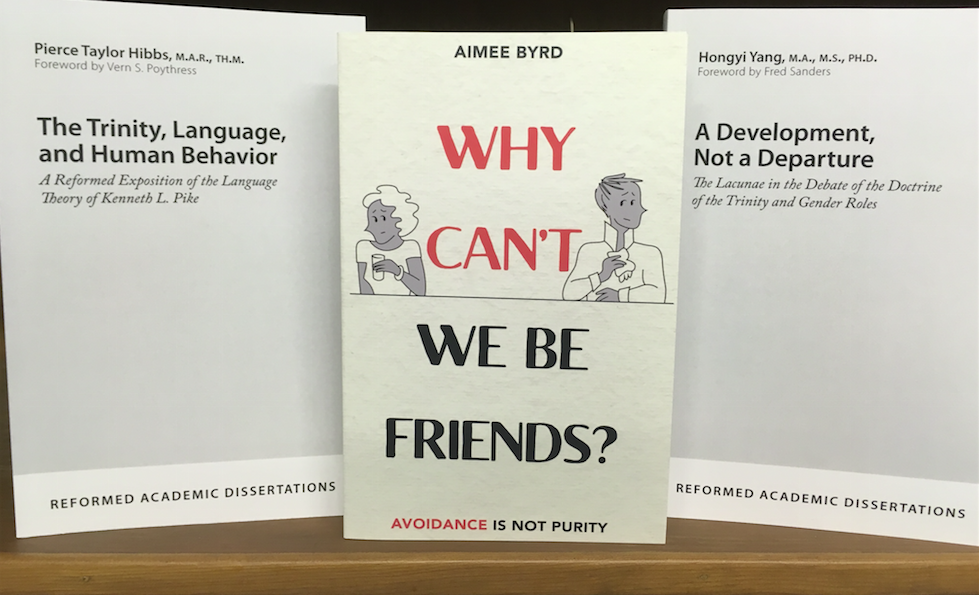Here’s an excerpt taken from The Life of Moses: God’s First Deliverer of Israel by James Montgomery Boice.

Moses the Author
Not only was Moses a great emancipator, but he was also the vehicle by which God gave us the first five books of the Bible: the Pentateuch (“five scrolls”). He was the author, humanly speaking, of a large portion of the Scriptures.
Some people once argued that Moses could not have written the Pentateuch because writing was unknown in Moses’ day. All that has gone by the boards. Six different written languages from the time of Moses have been discovered in the very area where Moses led the people for forty years. Since Moses was educated in the court of the Egyptians, he certainly knew hieroglyphics; and he probably knew Akkadian, the trade language of the day. He was undoubtedly a highly educated man.
That is not the most important thing that needs to be said, however. Let me give you a basic hermeneutic—some guidelines for how our material in the Pentateuch should be approached. Four important things need to be said about the Bible.
THE BIBLE HAS ONE TRUE AUTHOR: GOD
The Bible comes to us from God. It is more than a merely human book. It contains the characteristics of human books; the various authors put the stamp of their personalities on what they wrote, and their vocabularies differ. But the Bible, having come to us from God, contains the one story that God wants to tell us. One passage, perhaps more than any other in the Bible, makes this point:
All Scripture is breathed out by God and profitable for teaching, for reproof, for correction, and for training in righteousness, that the man of God may be complete, equipped for every good work. (2 Tim. 3:16–17)
Sometimes we refer to the Bible as being inspired. Inspired means that God, by his Holy Spirit, breathed into human writers so that they wrote what God wanted. That is true, but it is not what this passage says. This passage does not say that the Bible is the result of God’s breathing into the human writers, but that the Bible is the result of the breathing out of God. It is saying that the Bible is God’s Word, “and is therefore perfect and truthful, as God himself is.”2
Two important principles of interpretation follow from this. First, the Bible is God’s book from beginning to end, even though it has come to us through human authors. It is a unity. Second, because the Bible is a unity, it will not contradict itself if rightly understood. Sometimes we read portions of the Bible that seem to contradict. We say, “How can this portion go with this one?” But, if we understand it correctly, we find that the Bible tells a consistent story.
This means that the God we find in the first books of the Old Testament is the same God whom we find in the New Testament. Sometimes people say that the God in the Old Testament is a tribal deity, a God of wrath; they say the descriptions of God in the Old Testament are unworthy of him. We will find as we study that this is not true. The God whom we find at the beginning is exactly the same God who is presented to us by the Lord Jesus Christ—a sovereign, holy, and loving God.
The Bible’s unity also means that we are not misinterpreting it but rather interpreting it rightly when we see that the details given for Israel’s worship prefigure the coming ministry of Jesus Christ. What we find in the tabernacle, the sacrifices, and the plan of the construction itself—all point forward to Jesus Christ.
THE BIBLE HAS BEEN GIVEN TO US THROUGH HUMAN AUTHORS
Sometimes people argue that to err is human; so, if human beings had anything to do with the Bible, it must contain errors. That is a fallacy of logic. Just because it is natural for me to make mistakes doesn’t mean that I have to make mistakes in any given instance. It is possible, for example, even on a human level quite apart from inspiration or anything spiritual, to write an inerrant manual on how to run a dishwasher.
Now for human authors to produce an inerrant book covering so many details over such a long period of history would seem an impossibility. But we are not speaking of a book simply put together by human authors. As Paul states so clearly, “this is what we speak, not in words taught us by human wisdom but in words taught by the Spirit” (1 Cor. 2:13 NIV).
And Peter states, “No prophecy of Scripture comes from someone’s own interpretation. For no prophecy was ever produced by the will of man, but men spoke from God as they were carried along by the Holy Spirit” (2 Peter 1:20–21). The word translated carried along is the same word that Luke, the author of Acts, uses when he describes a ship in the midst of a storm at sea. The sailors cut down the ship’s sails to keep them from being torn apart, and the ship was driven along before the wind. It was still a ship, but it couldn’t control its own destiny; the wind took it wherever it would. That is what Peter says happened to the human authors of Scripture. They were still men; they wrote with their own vocabularies; but the Holy Spirit bore them along. In other words, “What Scripture says, God says—through human agents and without error.”3
This view of inspiration has an application for interpretation. Interpretation has to do with understanding the author’s context, his vocabulary, and the situation out of which he was writing. That means, for example, that when we want to understand these books, we can learn something from secular sources. It is helpful, for example, to know about the religion of Egypt, because the plagues were not a case of God’s simply being arbitrary in his choice of scourges. The plagues were all directed against the gods of Egypt. Every single plague showed that the God of the Hebrews—the true God, Jehovah—was more powerful than Apis the bull or Hathor the cow, down through all the gods and goddesses of the Egyptian pantheon.
THE BIBLE’S PURPOSE IS TO LEAD US TO FAITH IN JESUS CHRIST
Jesus taught this himself. Talking to the Jewish leaders, he said,
You search the Scriptures because you think that in them you have eternal life; and it is they that bear witness about me, yet you refuse to come to me that you may have life. (John 5:39–40)
The Scriptures of the Jewish leaders were the Scriptures of the Old Testament. Jesus was saying in very clear language that these Scriptures were given to point to himself.
You couldn’t fault the leaders of Jesus’ day for failing to study the Scriptures. They did that. They were diligent in their study. They studied individual words when they copied them out. They counted the letters on the page so that they would not make a single mistake in their copying. They were great students of the Scriptures. But Jesus said that they missed the point of it all. The reason God gave the Scriptures was to point to him, and he had come—and they did not understand him and would not come to him to have life.
Do you see what this means? It means that when we study the life of Moses, we are not studying just a great man or even a marvelous story of deliverance for an oppressed people. We are studying things that point to Jesus Christ. If at the end of this book you do not understand Jesus Christ better and are not following him more closely, you have missed the point.
WE NEED THE HOLY SPIRIT TO UNDERSTAND THE BIBLE
Not only was the Holy Spirit active in giving the Bible, but he is also active in opening our minds to understand the Bible when we read it. Theologians refer to this as illumination. It is like turning on a light. Paul told the Corinthians, “Now we have received not the spirit of the world, but the Spirit who is from God, that we might understand the things freely given us by God” (1 Cor. 2:12). Without the Spirit, however, spiritual things cannot be understood (see 1 Cor. 2:14). Since the Bible deals with spiritual matters, it requires the ministry of the Holy Spirit for us to understand them.
This leads us to a very practical matter: we have to pray as we come to the Bible. You can become very learned in your knowledge of the Bible and not be affected by it in a personal way. You may know all about Pauline theology and even teach it better than many ministers. But for God’s Word to have the right impact on you, prayer must precede your study. You have to ask the Holy Spirit for understanding, and, when you study the Bible and understand it, you have to ask the Holy Spirit to give you the grace to actually live by it. The Holy Spirit has to teach us if we are to benefit from this study of Moses’ life or any other Bible topic.
2. James Montgomery Boice, Standing on the Rock: Upholding Biblical Authority in a Secular Age (Grand Rapids: Kregel, 1998), 39.
3. This wording, developed by the International Council on Biblical Inerrancy, is taken from James Montgomery Boice, Does Inerrancy Matter? (Wheaton: Tyndale House Publishers, 1981), 15, as quoted in Boice, Standing on the Rock, 40.





